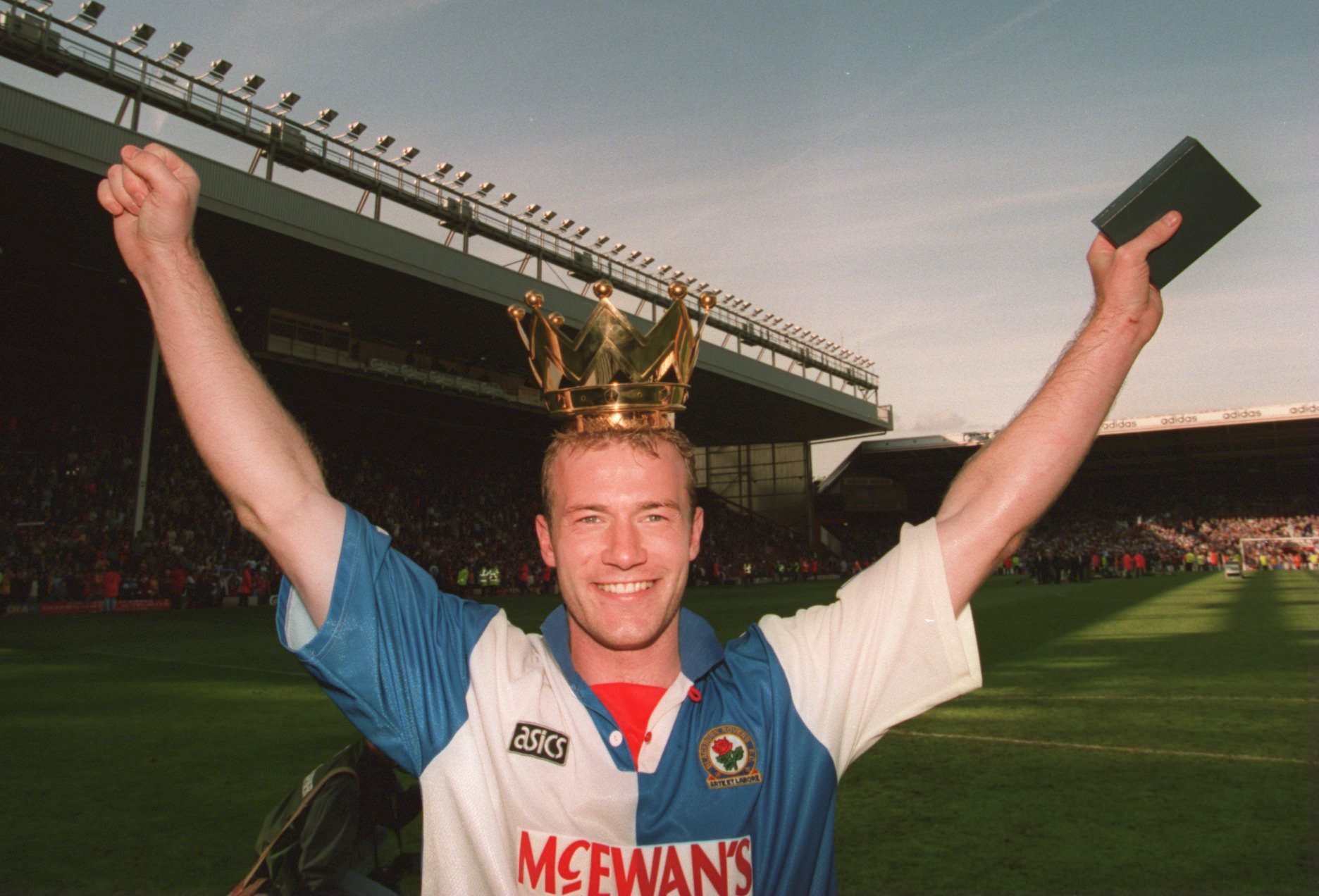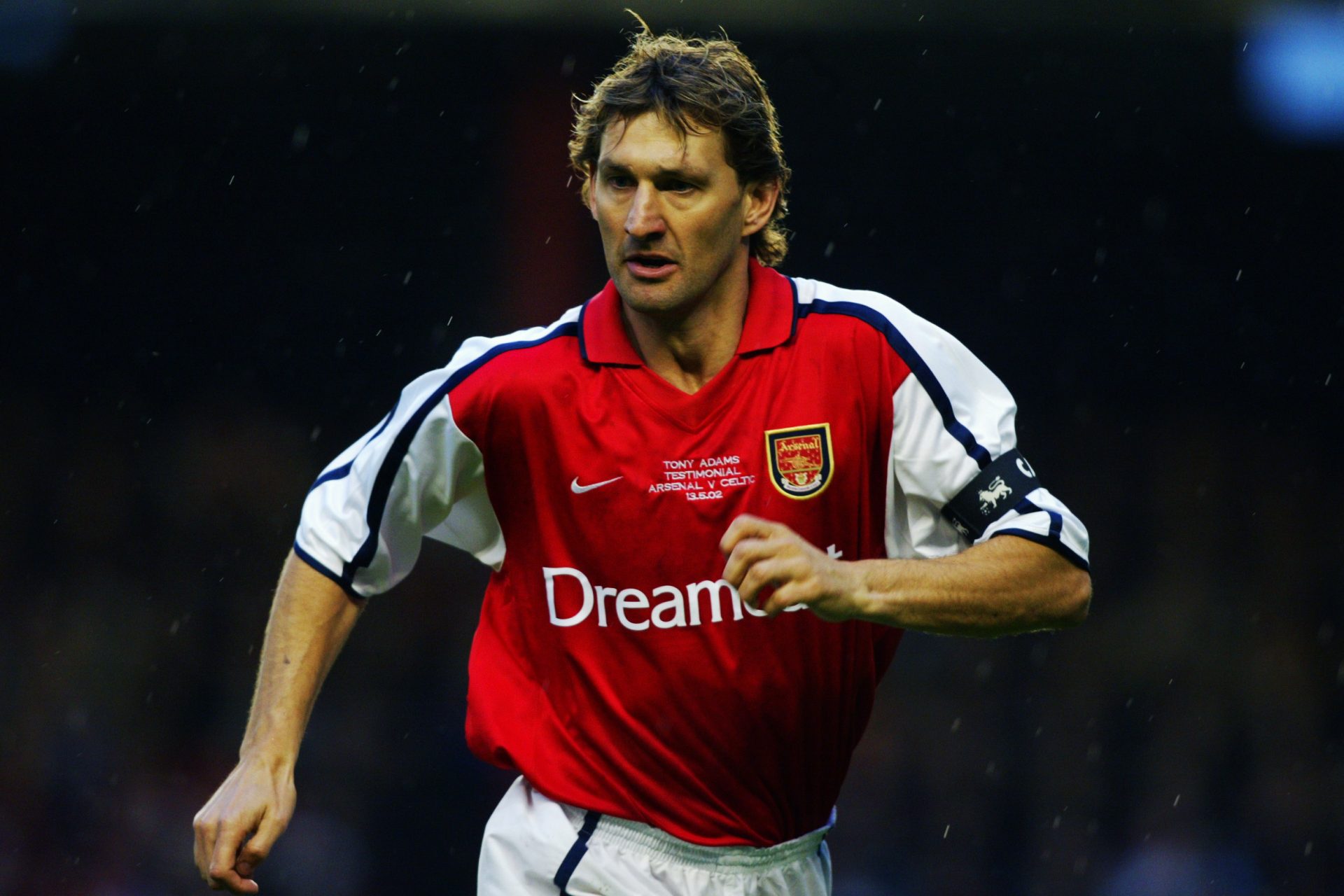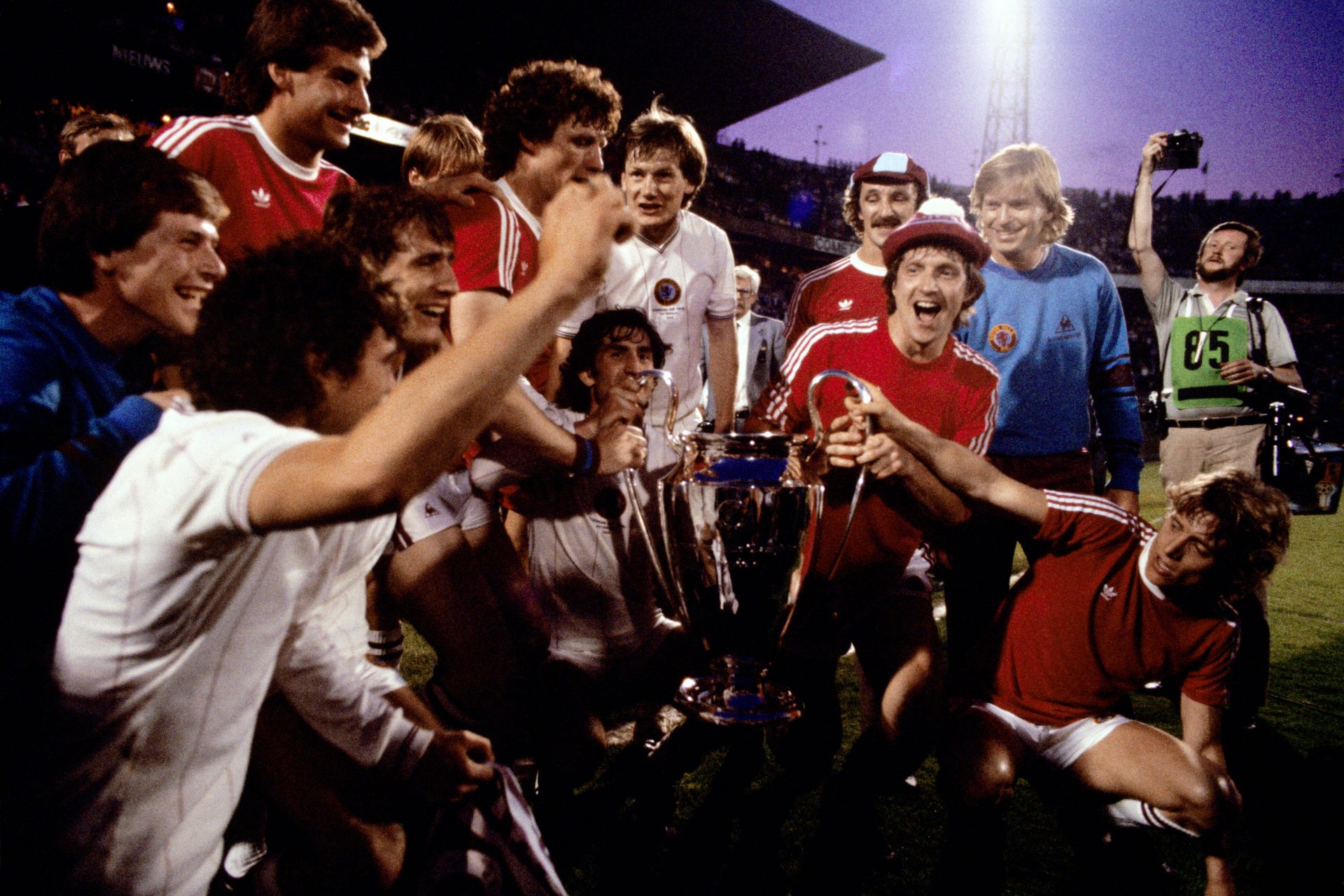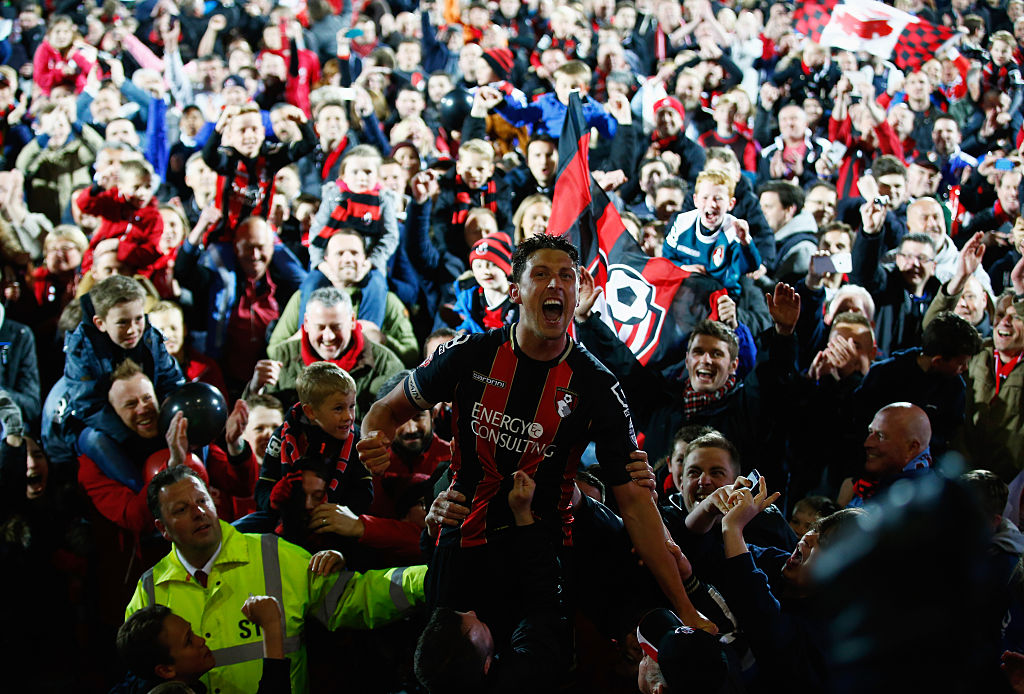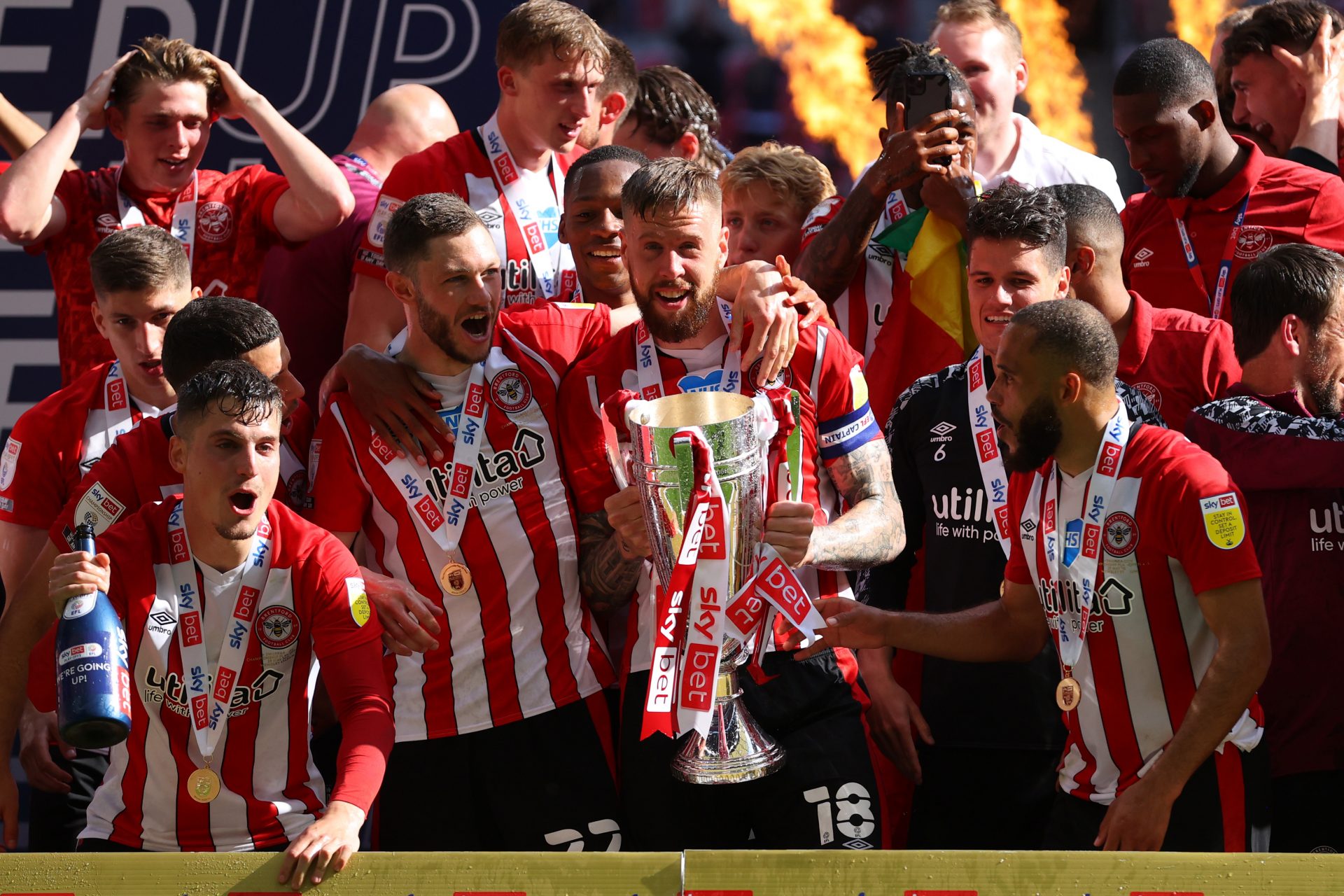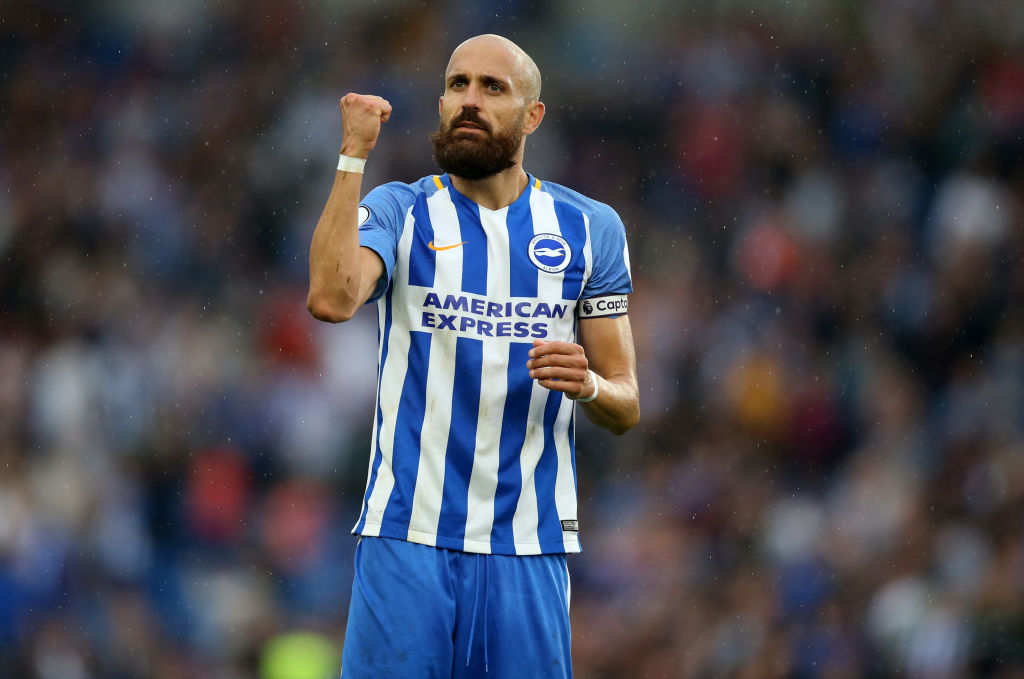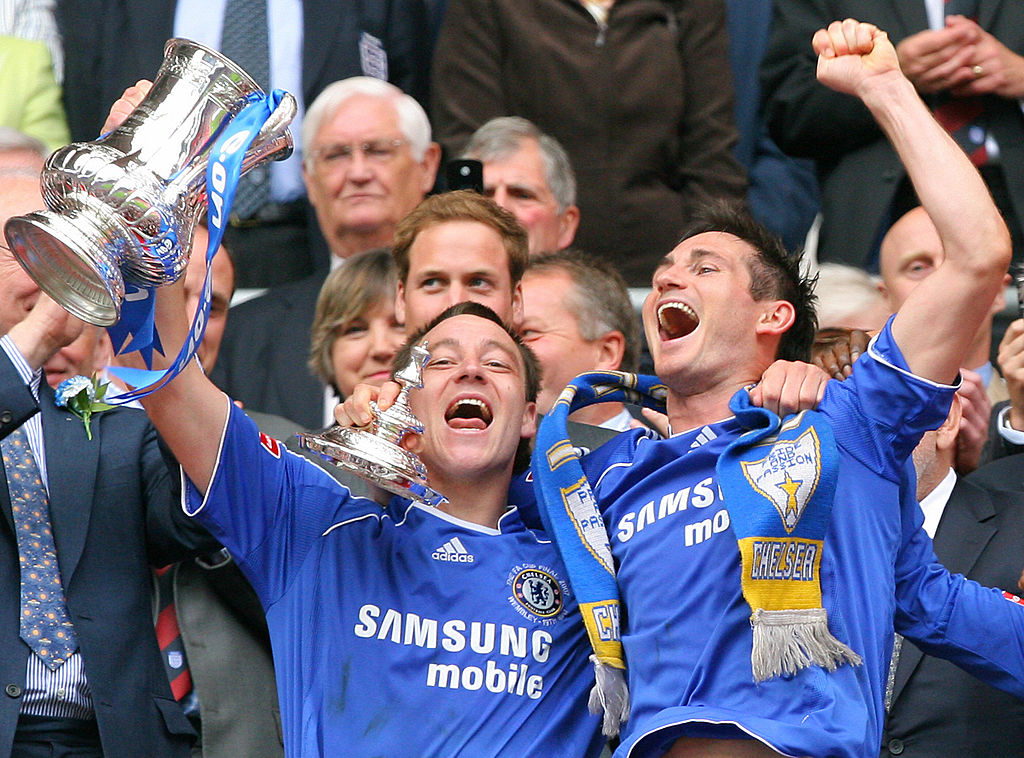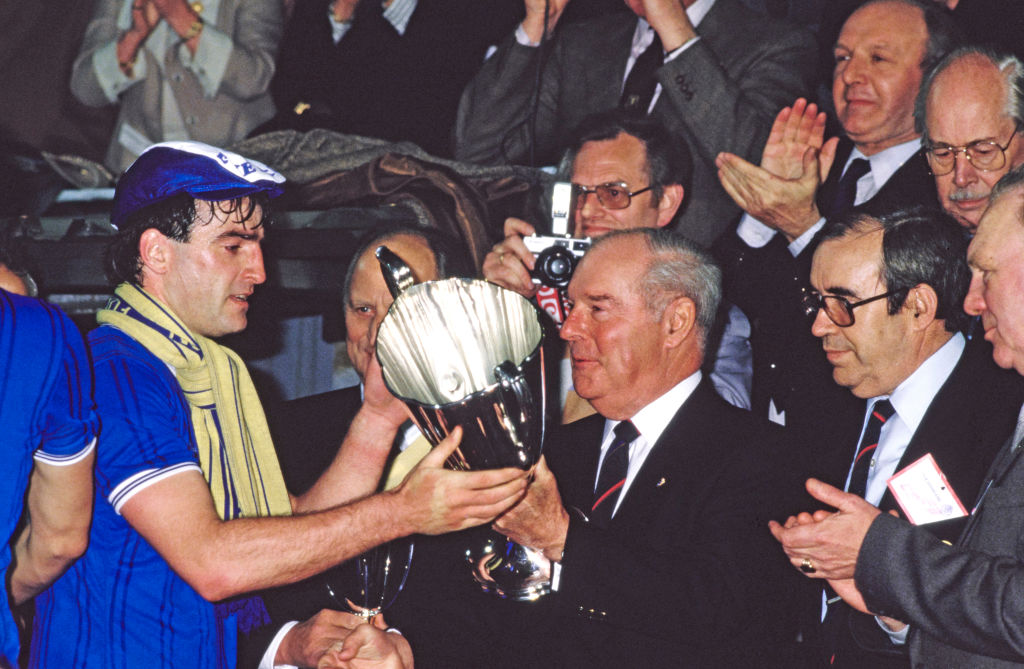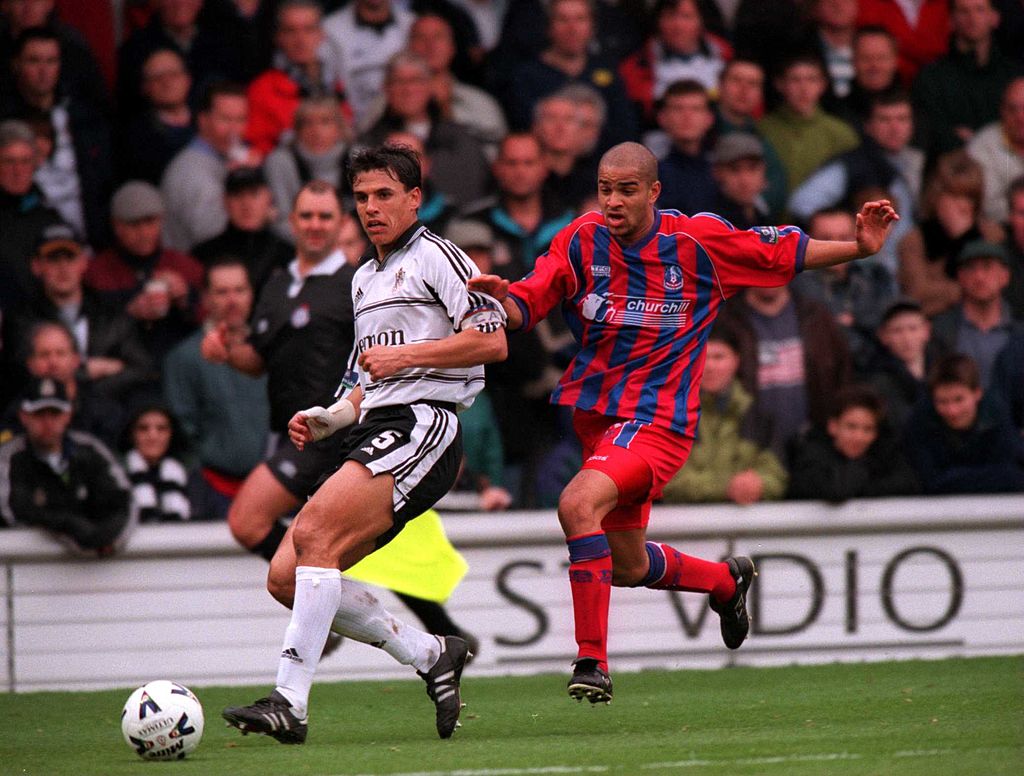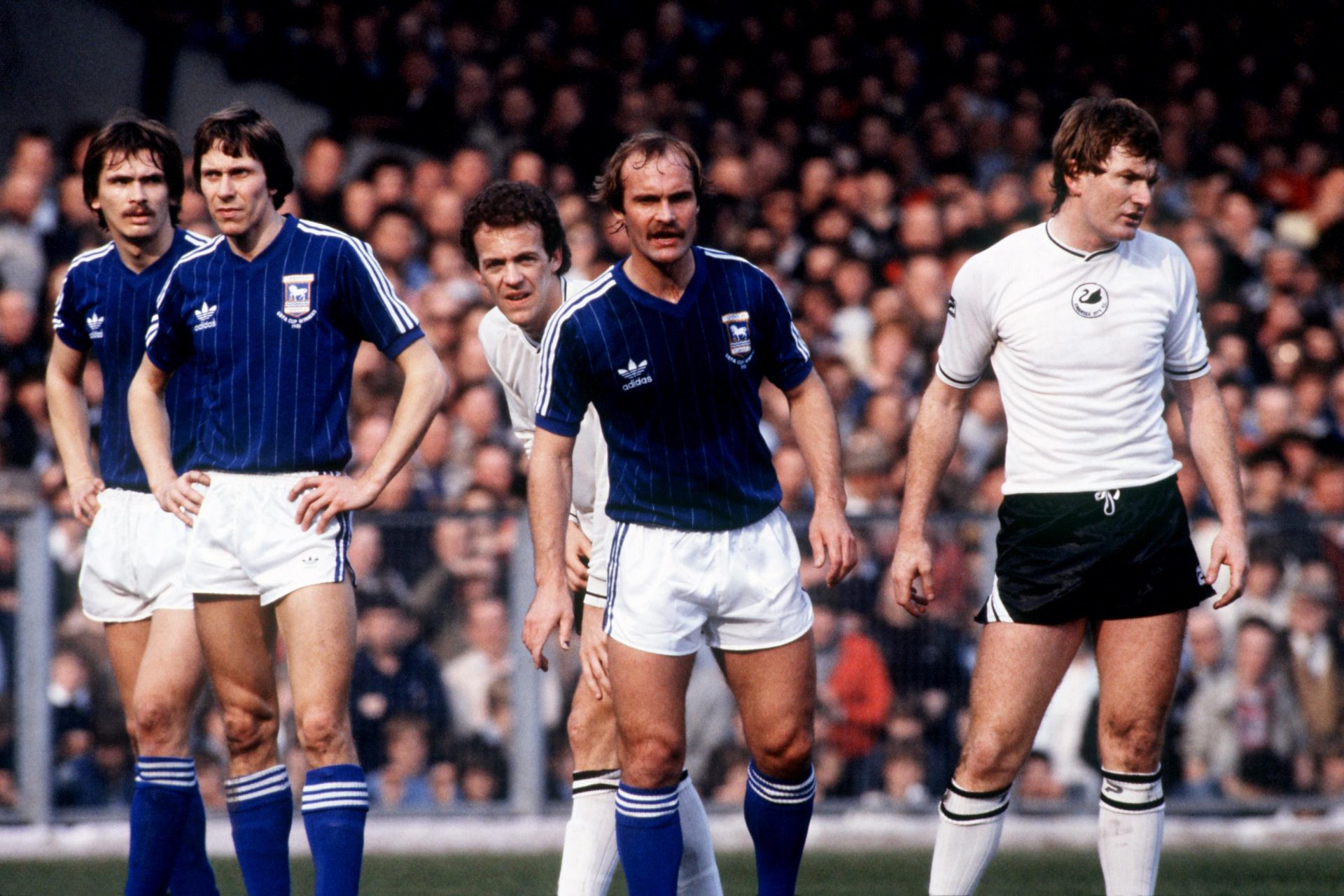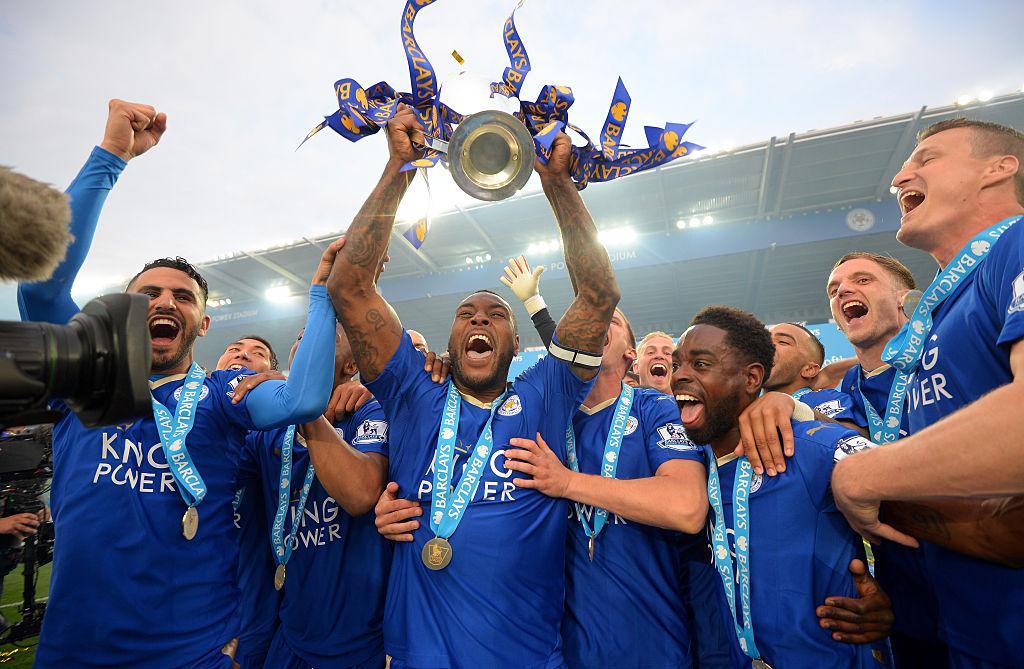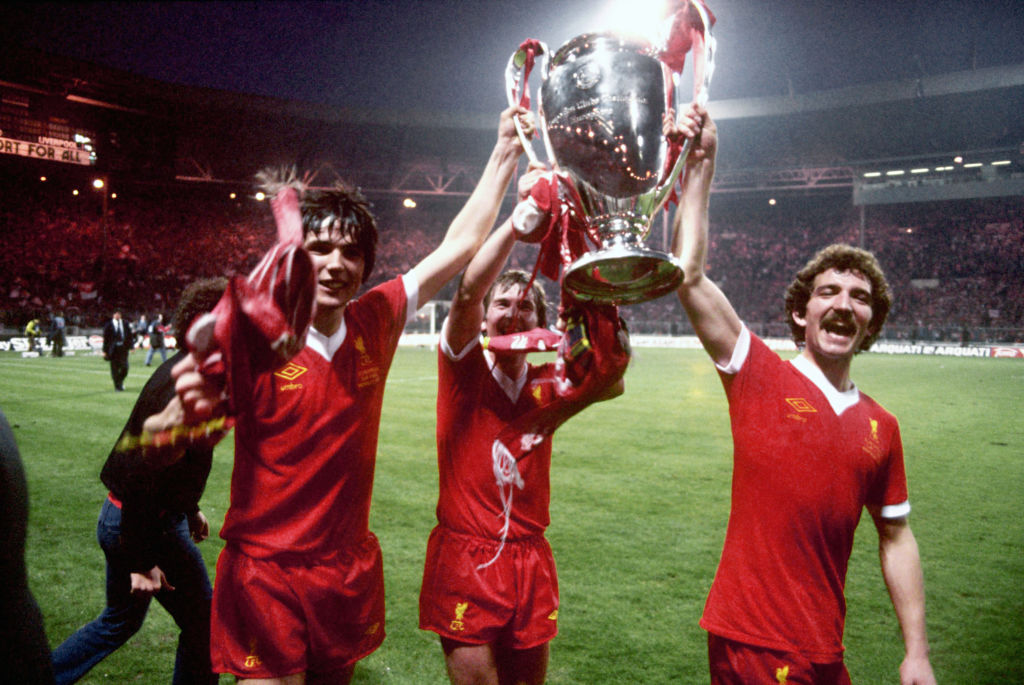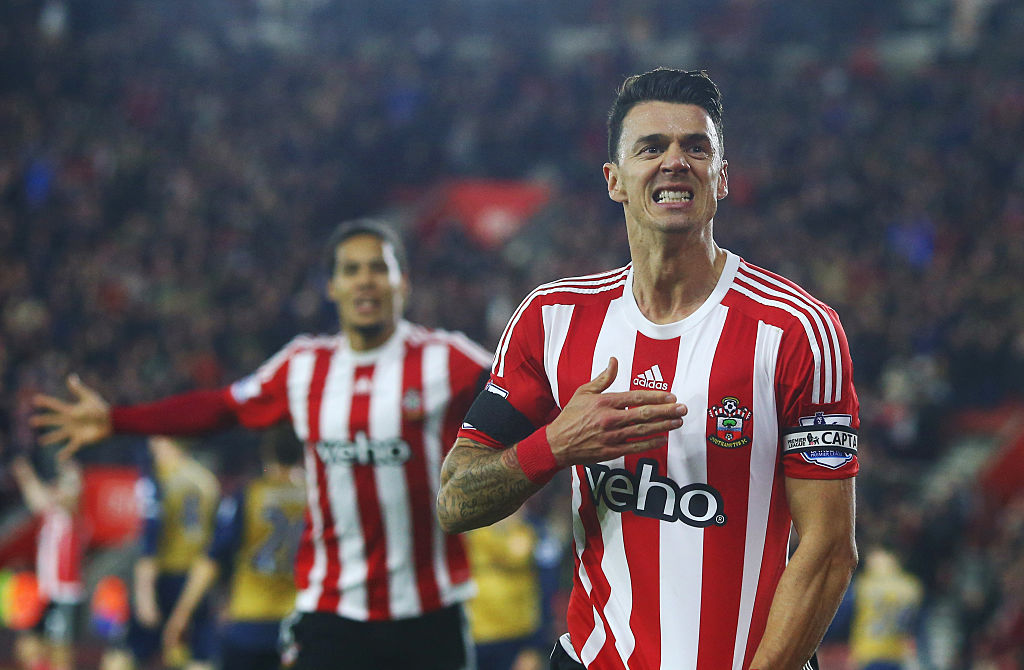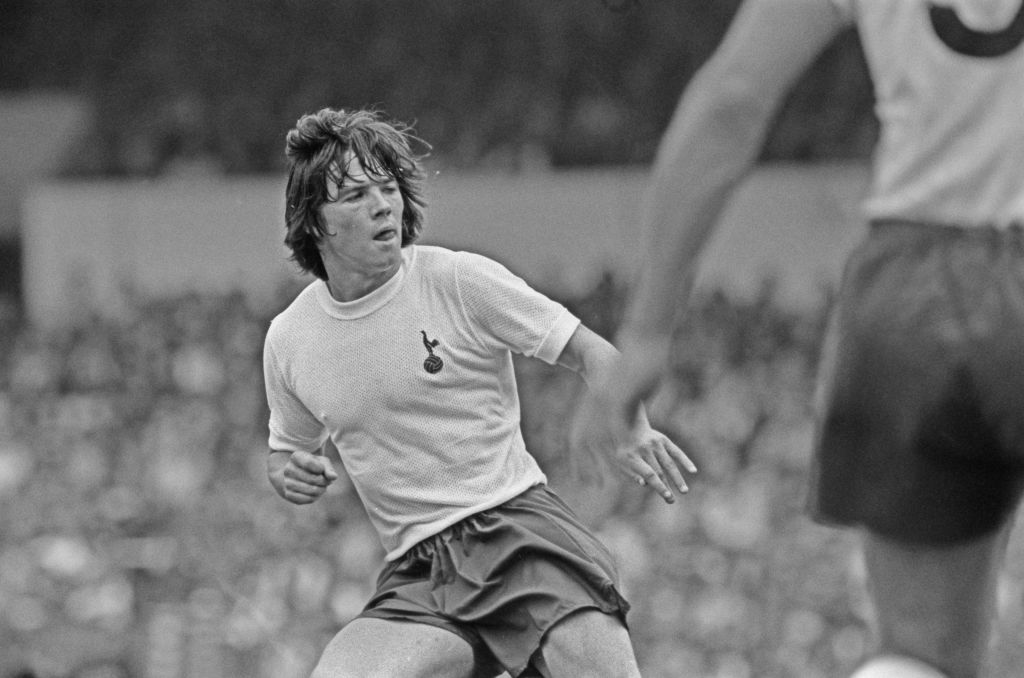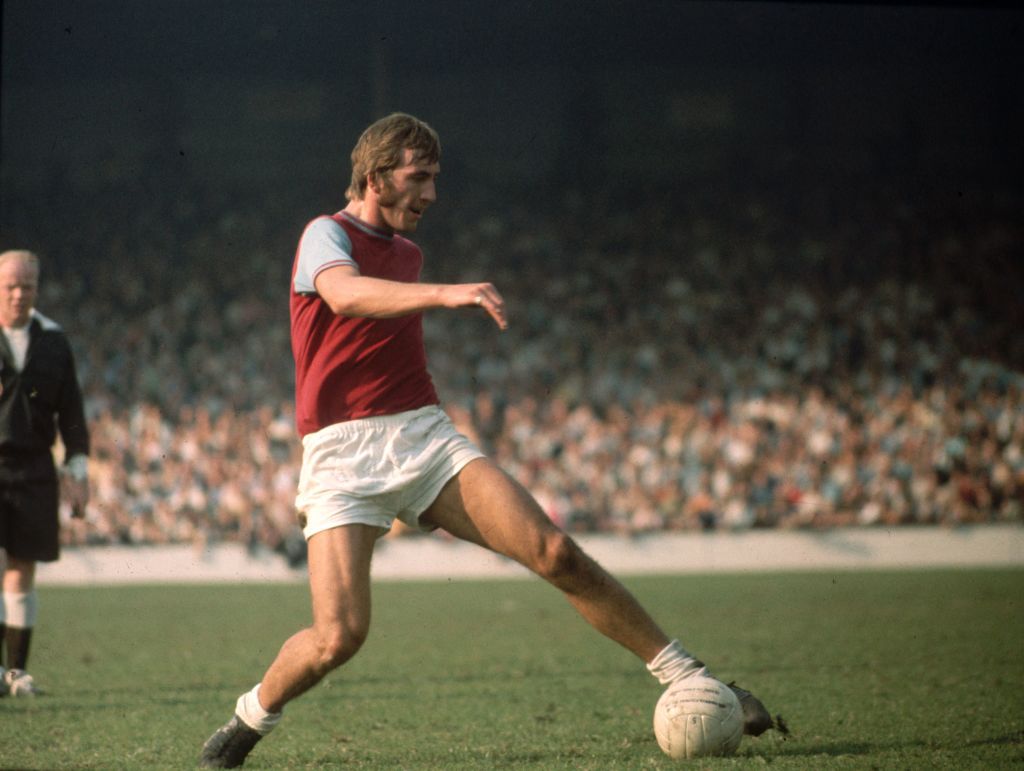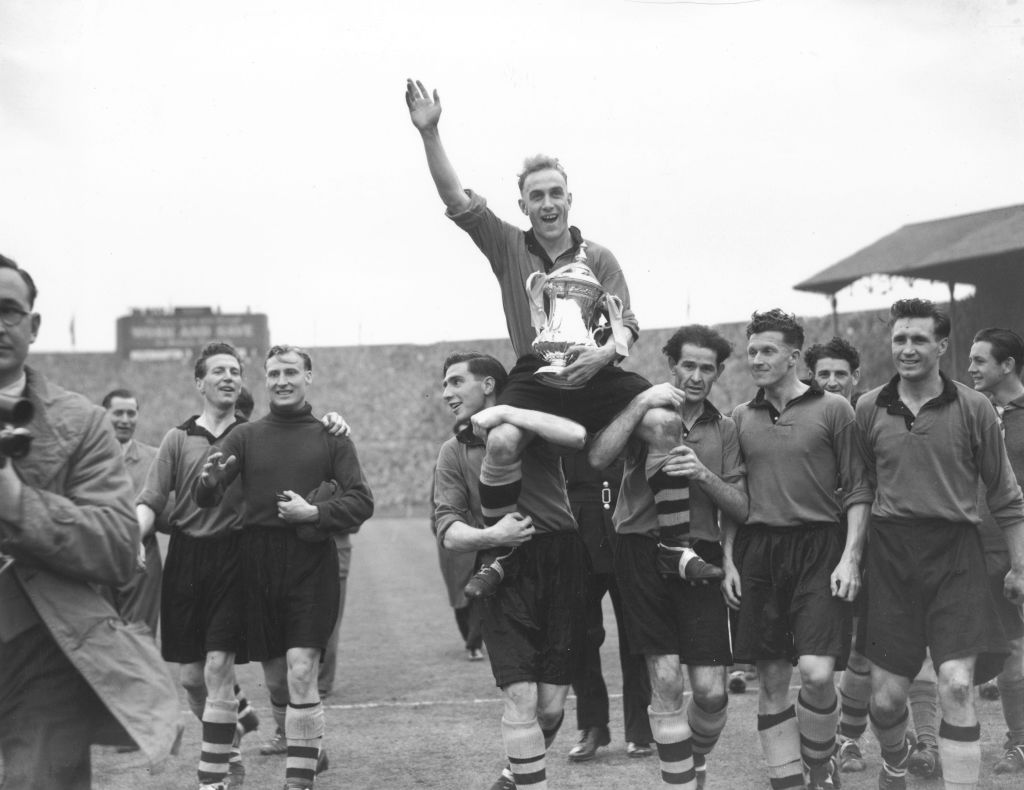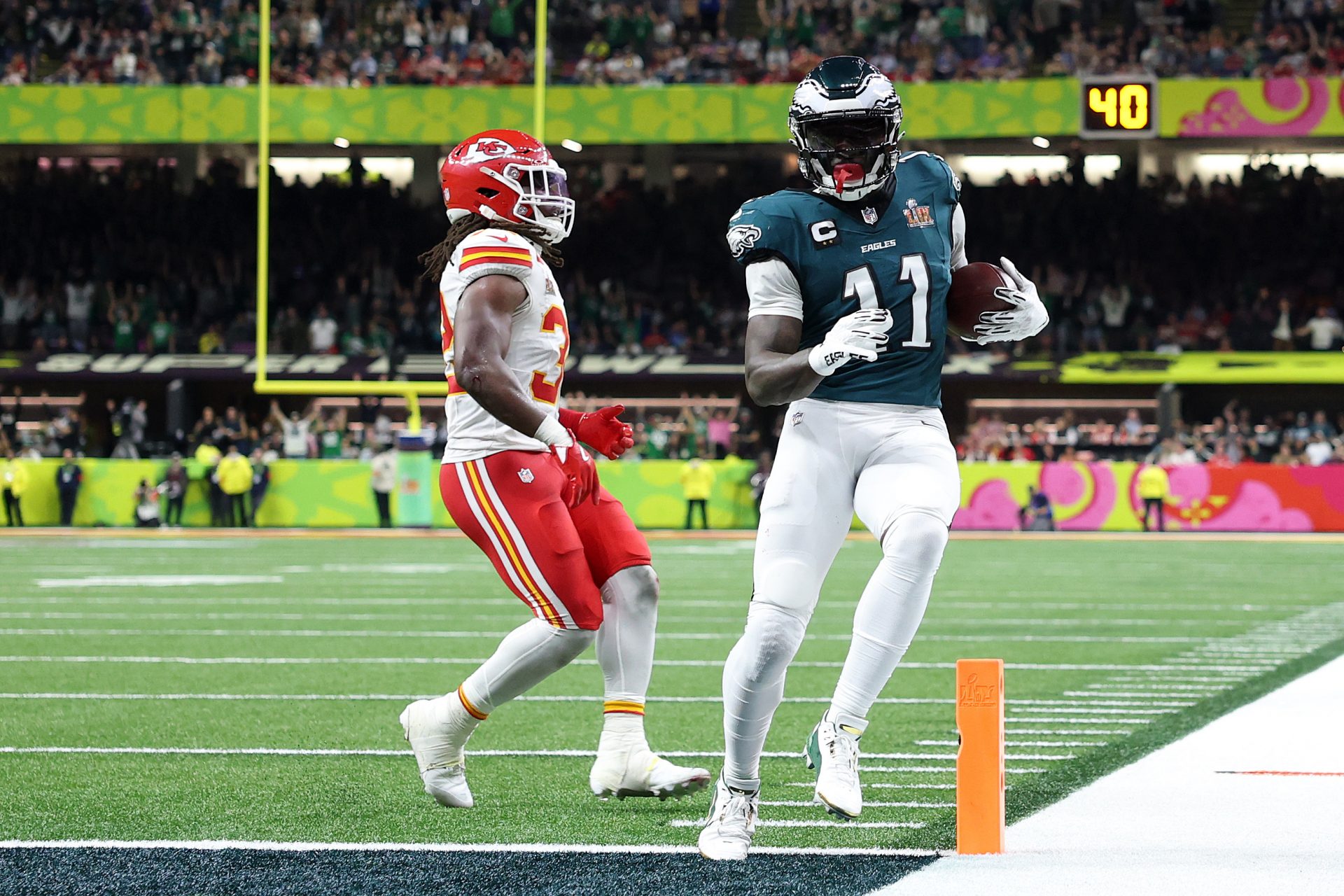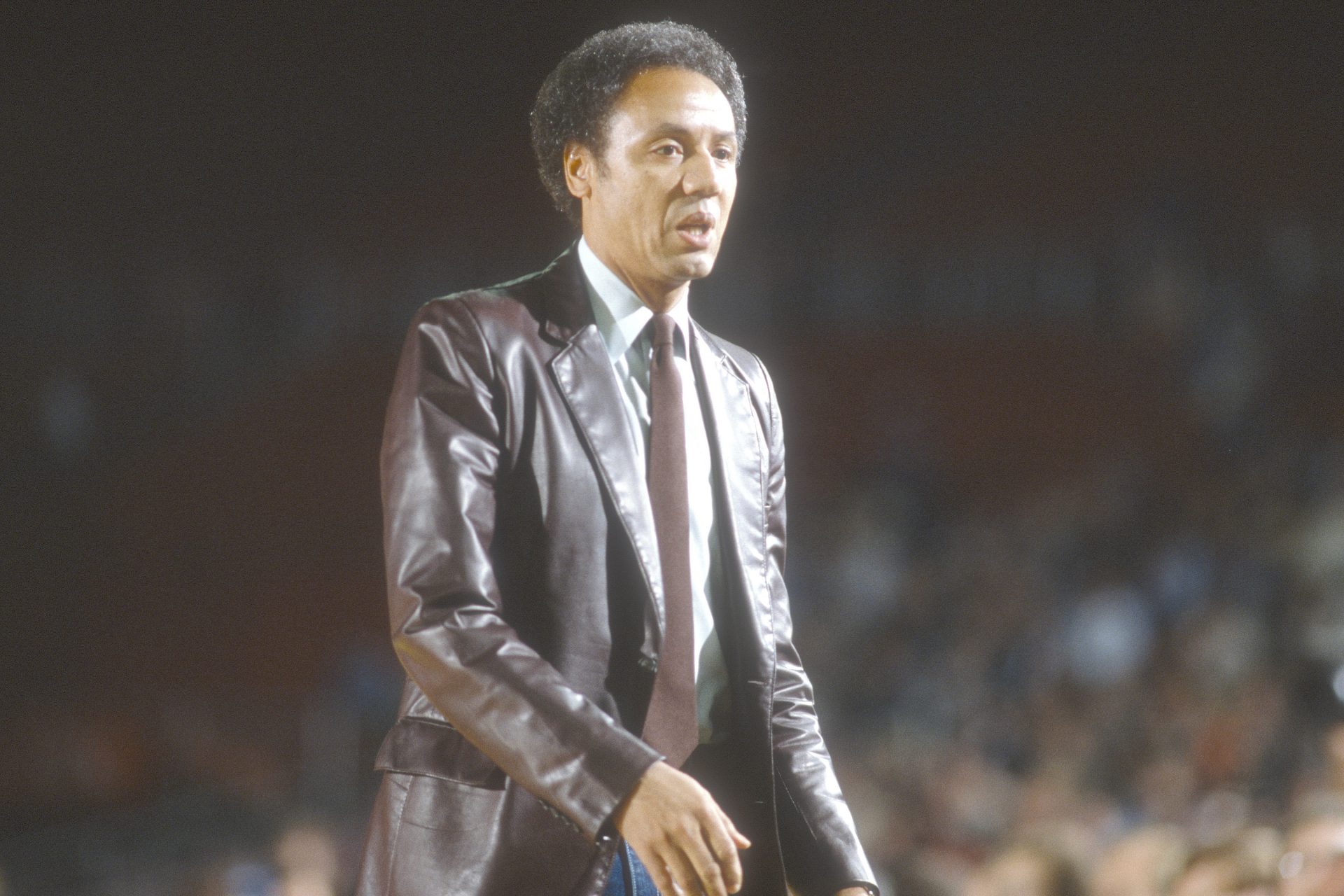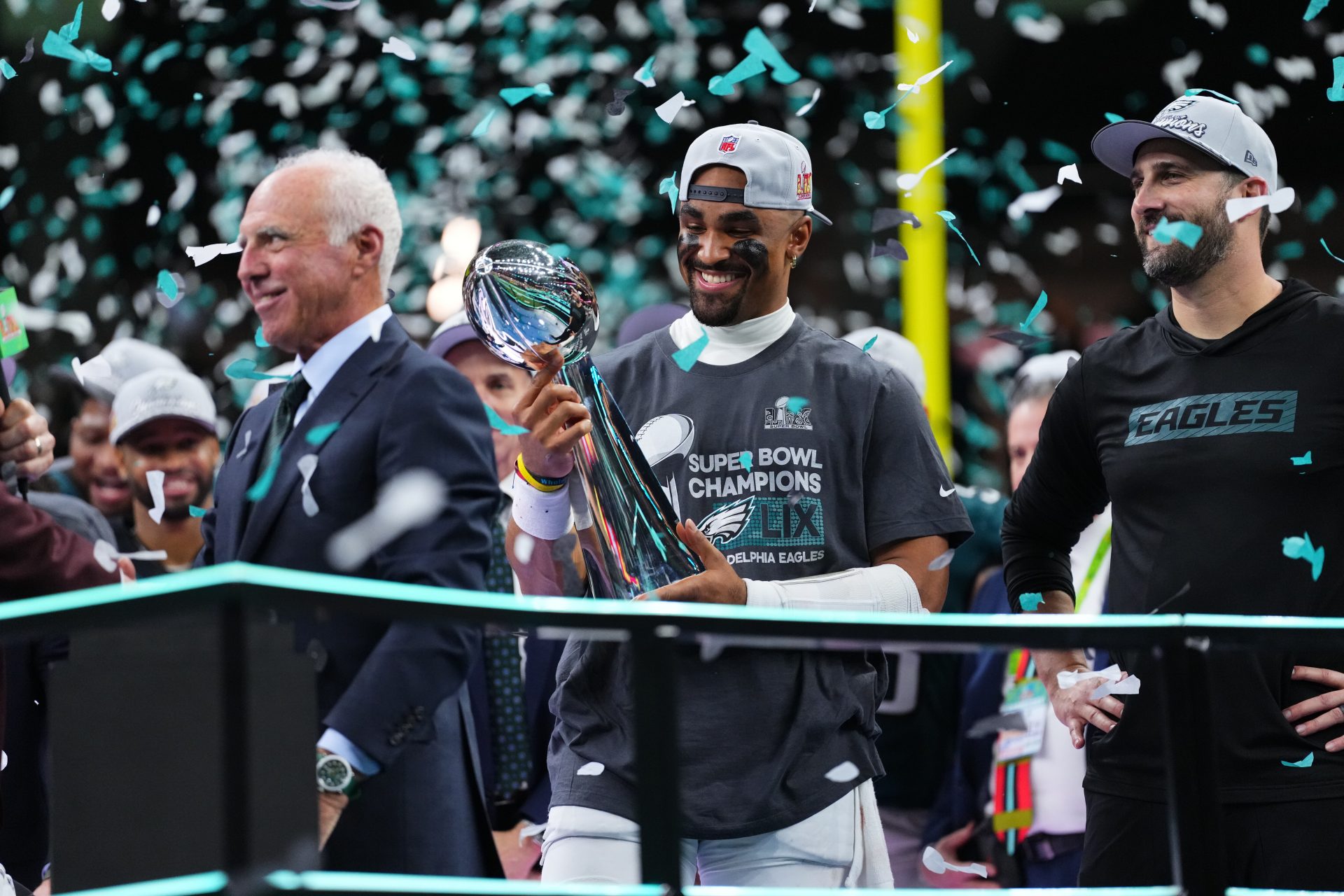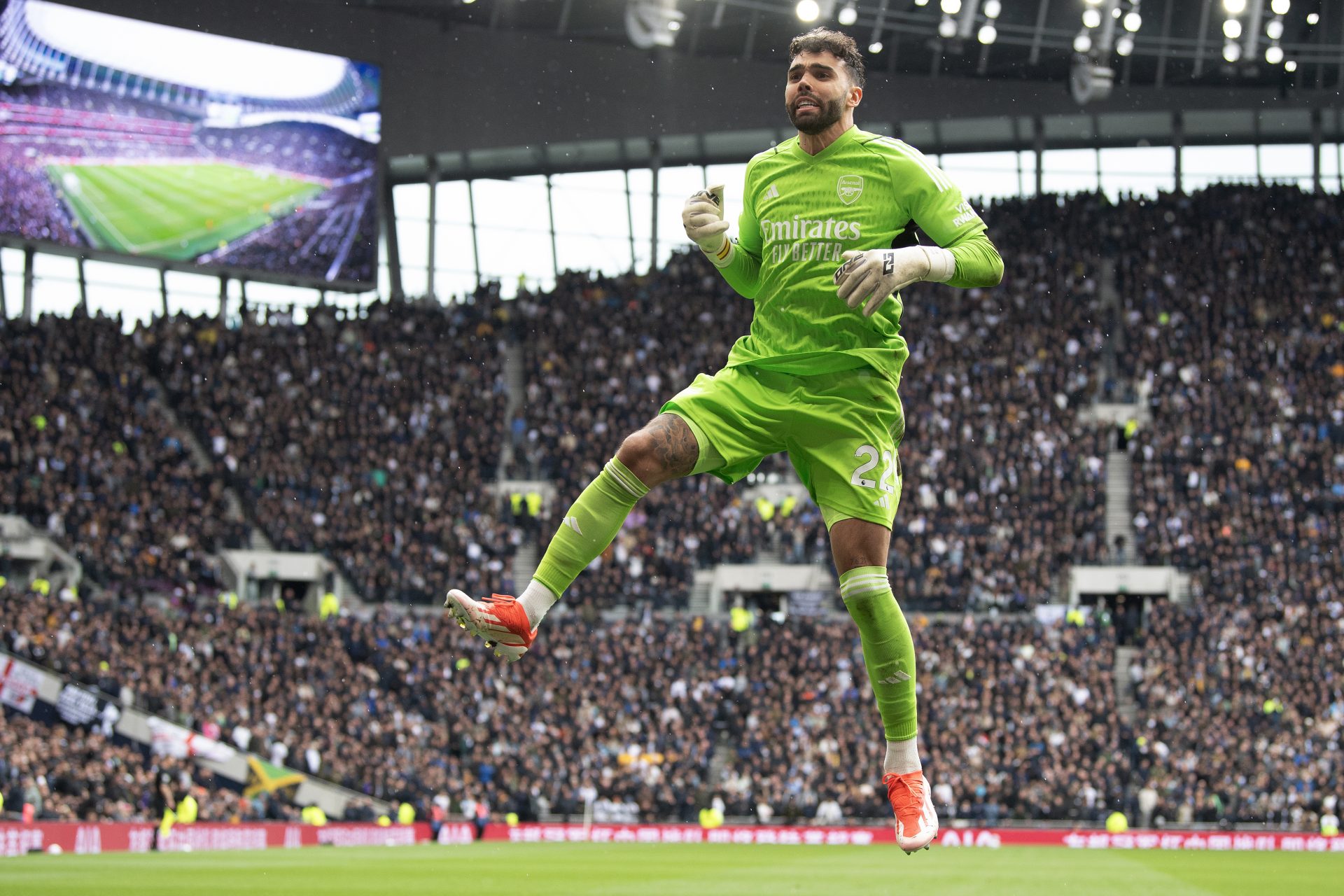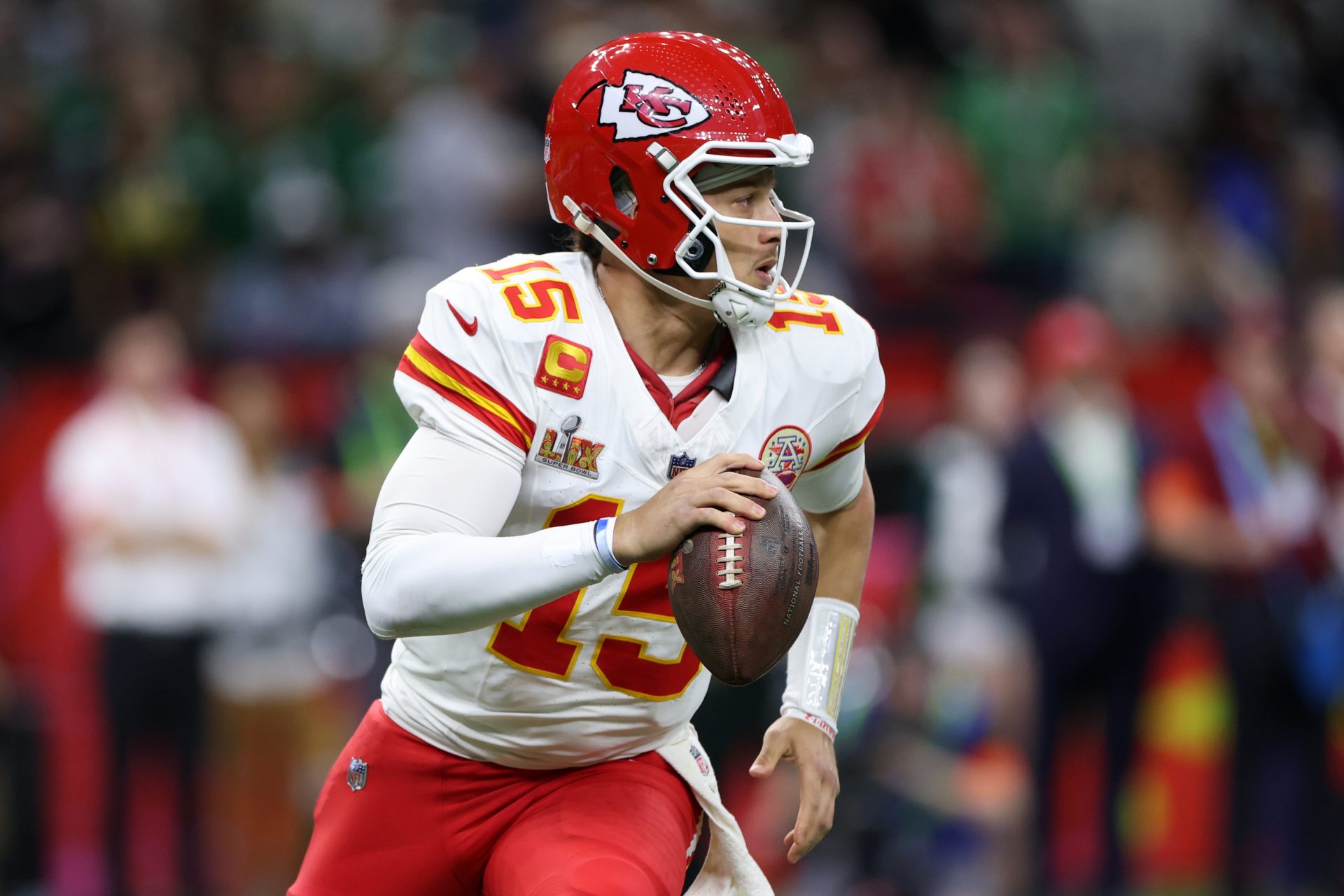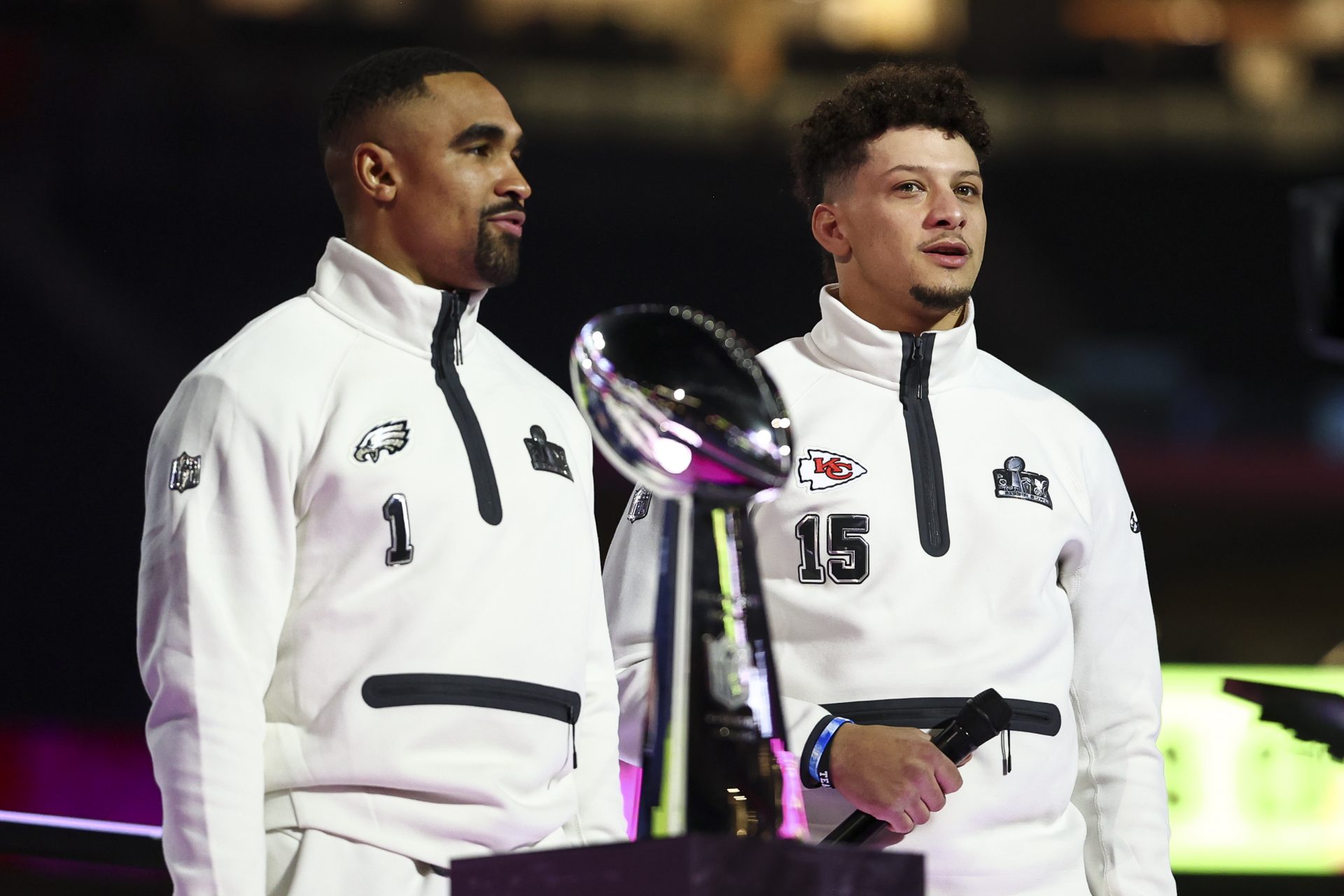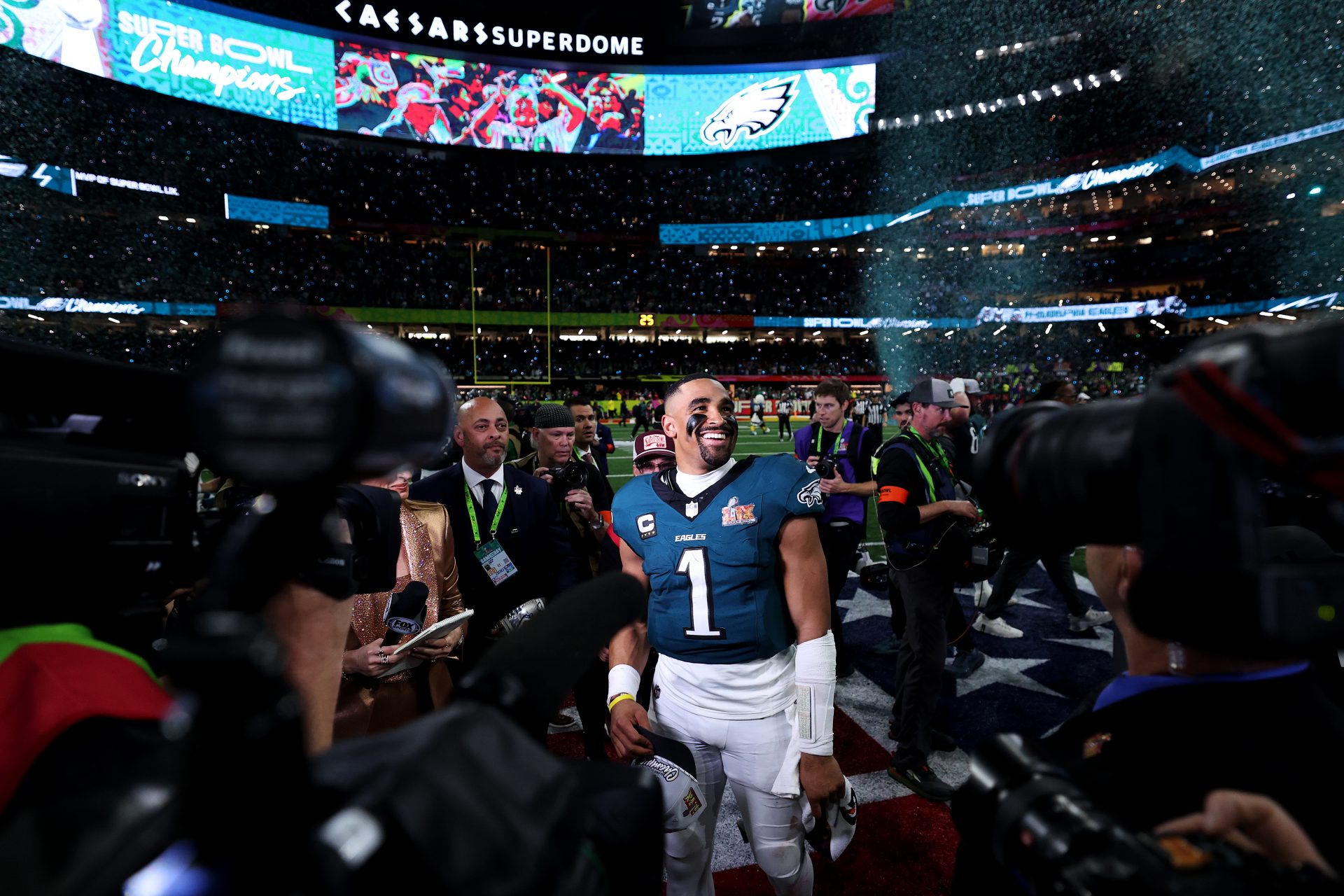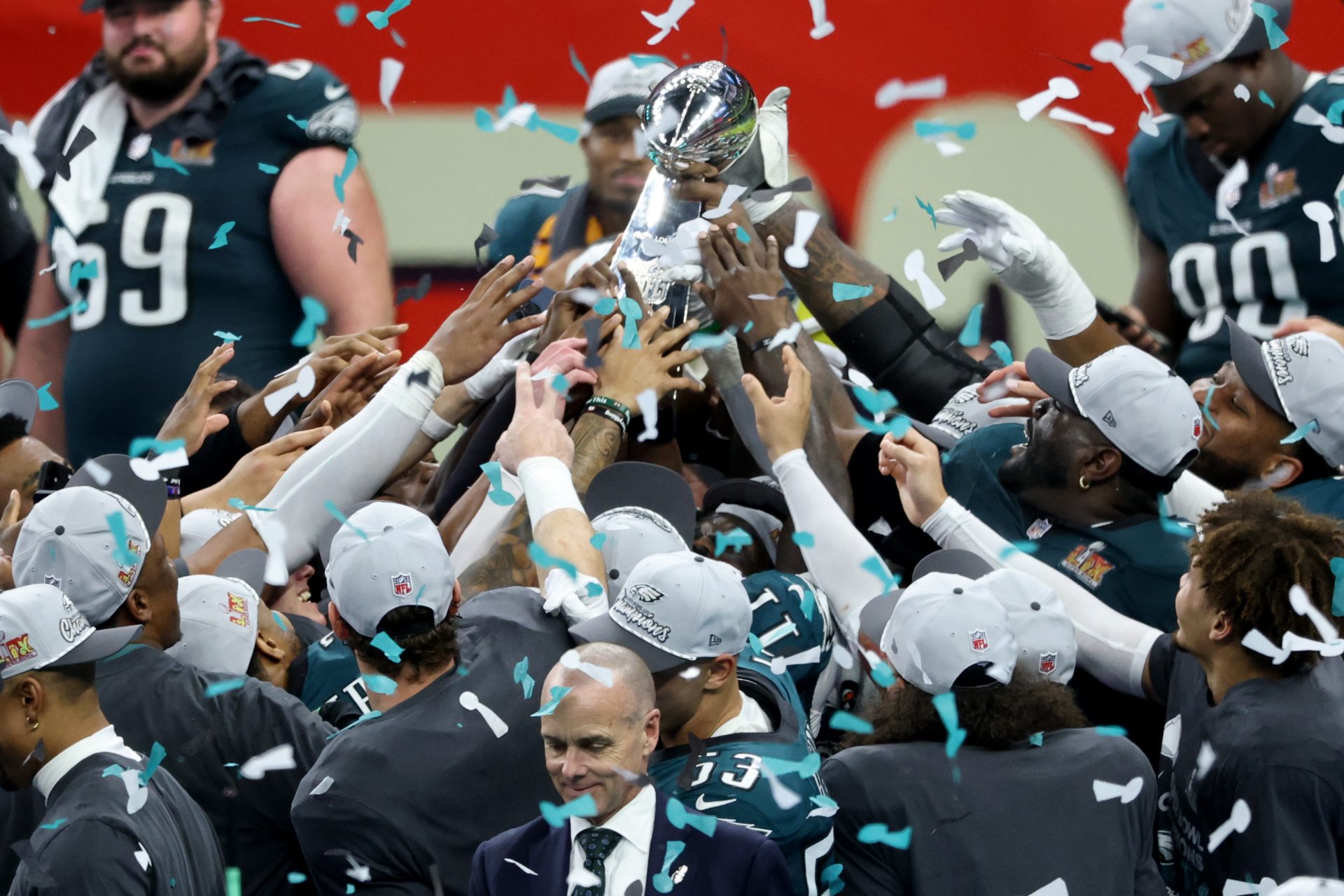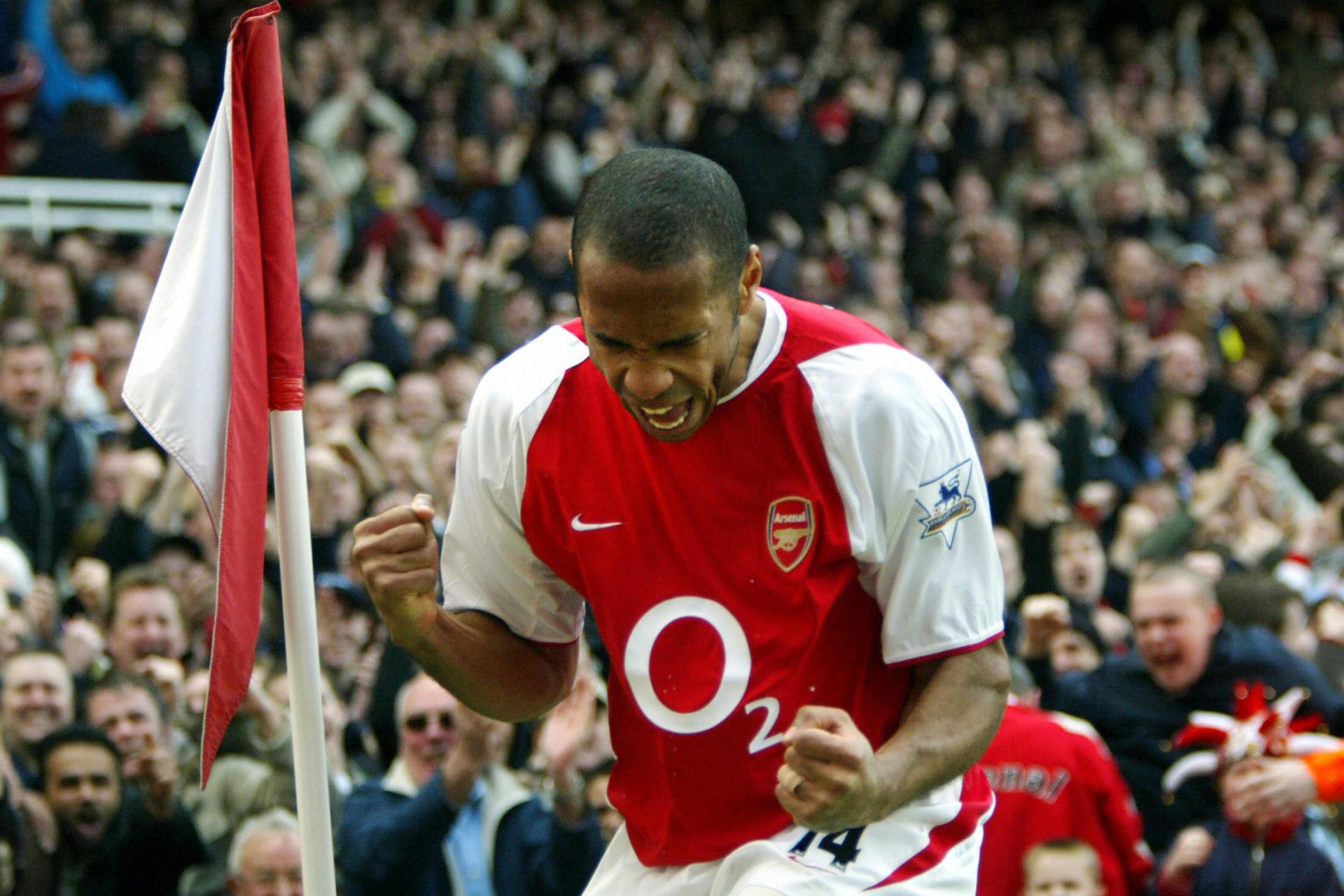Every current Premier League club's best captain in history
In elite-level football, a captain is more than just a player who wears the armband—they are the heartbeat of a team, setting the standards on and off the pitch. The best captains lead by example, inspire their teammates and drive their clubs to success through their performances and mentality. Whether rallying the squad during difficult moments or lifting trophies after historic victories, a great captain’s influence can shape a club’s identity.
Naturally, English football has produced some iconic captains over the years. In this gallery, we'll explore each current Premier League club's best-ever captain, based on leadership, achievements and their contribution to the club's success.
Tony Adams led Arsenal for over a decade and secured multiple major honours. Under his leadership, Arsenal won four league titles, including two Premier League and FA Cup doubles in 1997-98 and 2001-02. According to Transfermarkt, Adams, who was renowned for his commanding defensive presence and leadership, made 655 appearances for the club. His dedication and resilience made him the ultimate one-club man, cementing his legendary status at Arsenal.
Want to see more like this? Follow us here for daily sports news, profiles and analysis!
Dennis Mortimer captained Aston Villa to their greatest triumph, lifting the 1982 European Cup after a historic 1-0 victory over Bayern Munich. His leadership was crucial as Villa also won the First Division title in 1980-81, their first league championship in over 70 years. Mortimer’s influence extended beyond his ability on the pitch—his calm presence and winning mentality helped establish Villa as one of England’s top clubs in the early 1980s.
Tommy Elphick served as Bournemouth's captain during much of their meteoric rise from League One to the Premier League, playing a vital role in the club’s historic promotion. His leadership helped the Cherries stabilise in the top flight, and his experience was crucial in navigating their first Premier League season. Elphick
made 145 appearances for the club, as per Transfermarkt.
Pontus Jansson captained Brentford during their fairytale rise to the Premier League, playing a pivotal role in the club’s promotion and early top-flight survival. A commanding presence at the back, Jansson’s vocal and passionate approach made him a fan favourite. He led the team through their historic 2020-21 Championship Playoff-winning campaign, ensuring Brentford’s return to the top flight for the first time in over 70 years.
Bruno Saltor captained Brighton through their crucial early years in the Premier League, helping the club secure survival in their first seasons in the top flight. His calm leadership, solid defensive displays and professionalism set the standard for the Seagulls. Saltor played a significant role in the club's development, helping establish them as a competitive force under manager Chris Hughton.
John Terry remains Chelsea's greatest-ever captain, having led the club to five Premier League titles, five FA Cups and a UEFA Champions League trophy in 2012. Terry was the cornerstone of Chelsea’s success in the 2000s and 2010s under José Mourinho. Over his 19-year career at Stamford Bridge, he made 717 appearances (per Transfermarkt), earning the respect of fans and players alike. His legacy as a Chelsea icon is unquestionable.
Mile Jedinak was the driving force behind Crystal Palace’s return to the Premier League in 2013. As captain, the Australian played a key role in their survival and was instrumental in their remarkable run to the 2016 FA Cup final. A tough-tackling midfielder and natural leader, Jedinak made 179 appearances for Palace (per Transfermarkt), becoming a fan favourite for his commitment and determination.
Kevin Ratcliffe was made Everton captain in 1983 at the age of 23, just as the club began a highly successful spell. The uncompromising defender went on to become the club's most successful captain, playing 460 games (per Transfermarkt) and leading the Toffees through their golden era in the 1980s, winning two First Division titles, an FA Cup and the European Cup Winners’ Cup.
Chris Coleman (left) was a commanding presence in Fulham’s rise through the leagues. As captain, he led the team during their ascent from the lower divisions, playing a crucial role in their promotion to the Premier League in 2001. His leadership at the back helped establish Fulham as a top-flight side, setting the foundation for their future success. He would, of course, later become the club's manager, too.
Mick Mills (centre) captained Ipswich Town through their most successful period, including their 1981 UEFA Cup triumph under manager Bobby Robson. Mills played 741 times at left-back for Ipswich (per English National Football Archive), leading them to multiple top-tier finishes and establishing himself as one of the club's all-time greats. His leadership on the pitch was instrumental in solidifying Ipswich’s place among the elite in English football during the late 1970s and early 1980s.
Wes Morgan captained Leicester City to their historic 2015-16 Premier League title win, one of the greatest achievements in football history. His leadership in defence was crucial as Leicester defied the odds to become champions. Morgan played 323 games for the Foxes, according to Transfermarkt, and also led them to FA Cup glory in 2021 before retiring as a club legend.
Want to see more like this? Follow us here for daily sports news, profiles and analysis!
Graeme Souness was the heartbeat of Liverpool’s midfield and a dominant leader during their golden era in the late 1970s and early 1980s. As captain, he led Liverpool to three league titles, three League Cups and the 1984 European Cup. A tough, combative midfielder with technical brilliance, Souness embodied Liverpool’s winning mentality and remains one of their greatest-ever captains.
Vincent Kompany is widely regarded as Manchester City’s greatest-ever captain, leading the club to four Premier League titles, including their record-breaking 100-point season in 2017-18. His leadership, defensive solidity and memorable goals—such as his long-range strike against Leicester in 2019—made him an irreplaceable figure in City’s rise to dominance.
Roy Keane was the driving force behind Manchester United’s dominance in the late 1990s and early 2000s. As the side's midfield enforcer, he led United to seven Premier League titles, four FA Cups and the 1999 UEFA Champions League as part of the historic Treble-winning side. Keane’s relentless drive and leadership on the pitch made him one of the most feared and respected captains in football history.
Alan Shearer, Newcastle United’s all-time top scorer, led the club with distinction for nearly a decade. As captain, he helped Newcastle reach the 1999 FA Cup final and consistently secured top-half finishes in the Premier League. With 206 goals in all competitions (per Transfermarkt), Shearer remains a club legend and a symbol of the Magpies' ambition at the turn of the millennium.
Stuart Pearce (centre), nicknamed 'Psycho' for his fearless defending, captained Nottingham Forest for much of his 12-year spell. He led the club through their Premier League years in the 1990s and was a key figure in their 1991 FA Cup final appearance, scoring a free kick in the final but ending up on the losing side. Pearce’s leadership extended beyond the field, even serving as caretaker manager while still playing.
Jose Fonte captained Southampton during one of the club’s most prosperous periods in recent history. Under his leadership, Southampton returned to the Premier League in 2012 and went on to finish sixth in the 2015-16 season, qualifying for European competition for the first time since 2003. Fonte's defensive prowess, consistent performances and leadership on and off the field made him a key figure in the club's return to prominence in the mid-2010s.
Steve Perryman holds the record for the most appearances for Tottenham Hotspur, playing over 850 games for the club, according to English National Football Archive. During his 17 years at Tottenham, he won the FA Cup, League Cup and UEFA Cup twice each and, in 1982, was named the Football Writers' Association Footballer of the Year. His leadership defined an era of sustained success for the club.
Billy Bonds is West Ham United’s longest-serving captain and one of the club’s most revered figures. He led the Hammers to two FA Cup victories (1975 and 1980) and made a record 799 appearances, according to official club sources. Bonds’ tough-tackling style and unwavering loyalty made him a true icon, and he later went on to manage the club.
Want to see more like this? Follow us here for daily sports news, profiles and analysis!
Billy Wright was Wolves’ most influential captain, leading the club through their golden era in the 1950s. Under his captaincy, Wolves won three First Division titles and an FA Cup (pictured) and became one of England’s most formidable teams. Wright was also the first footballer in history to earn 100 international caps, leading his nation at the 1950, 1954 and 1958 World Cup finals.
More for you
Top Stories




